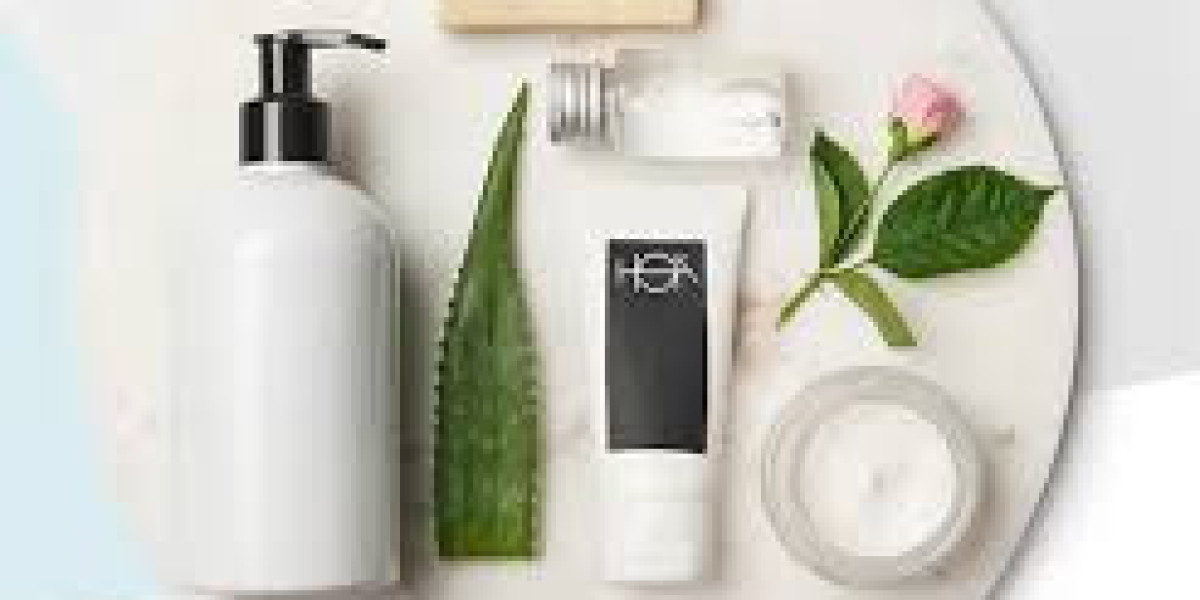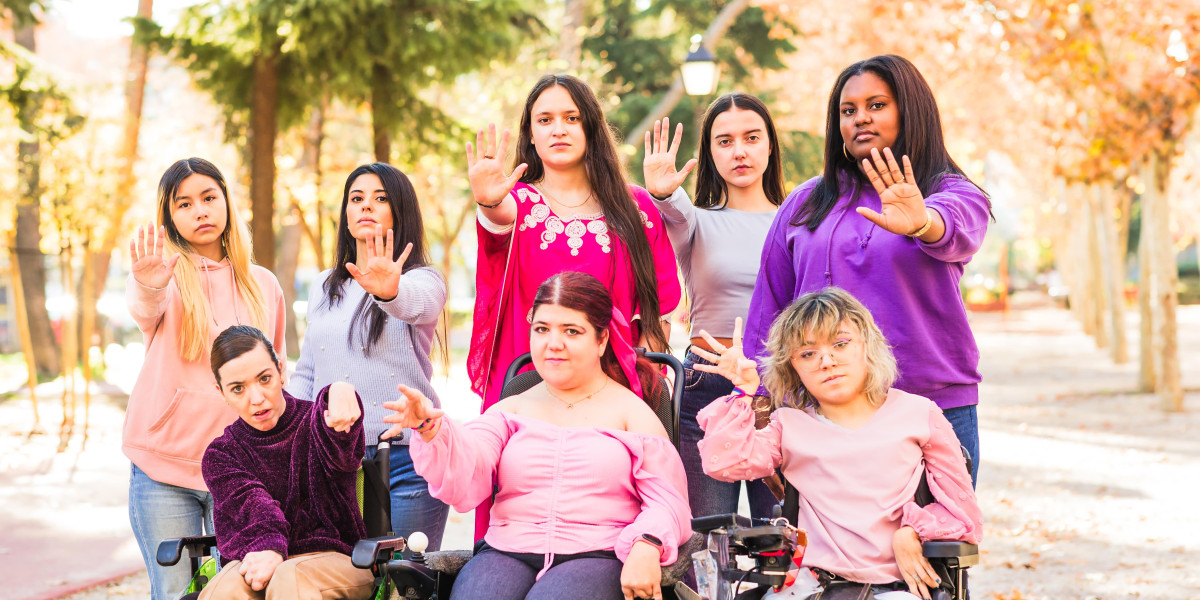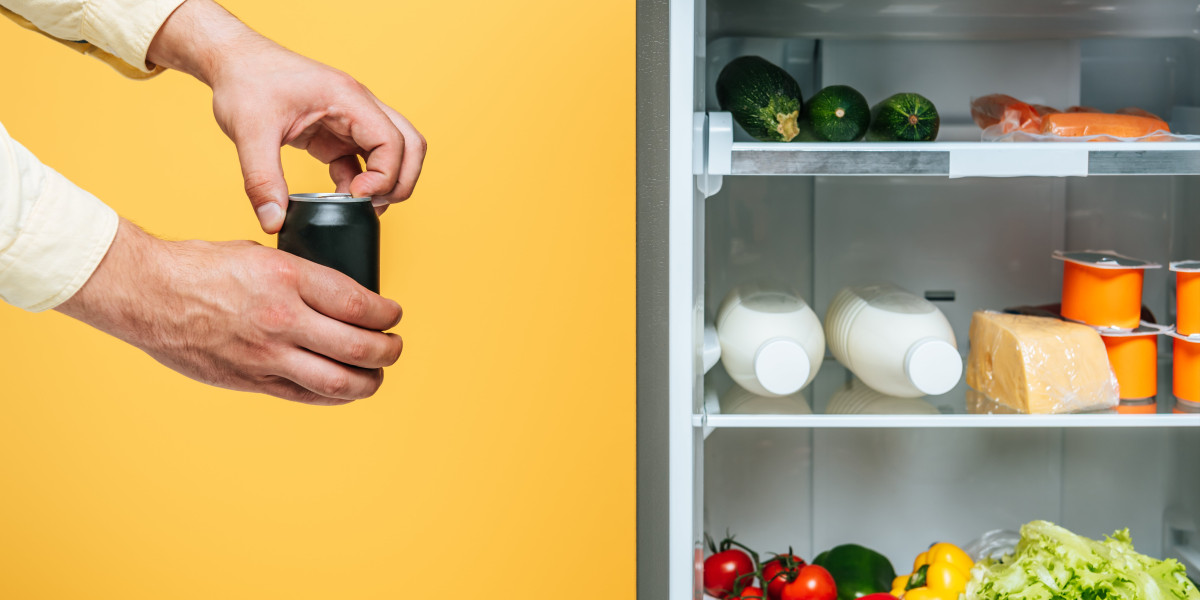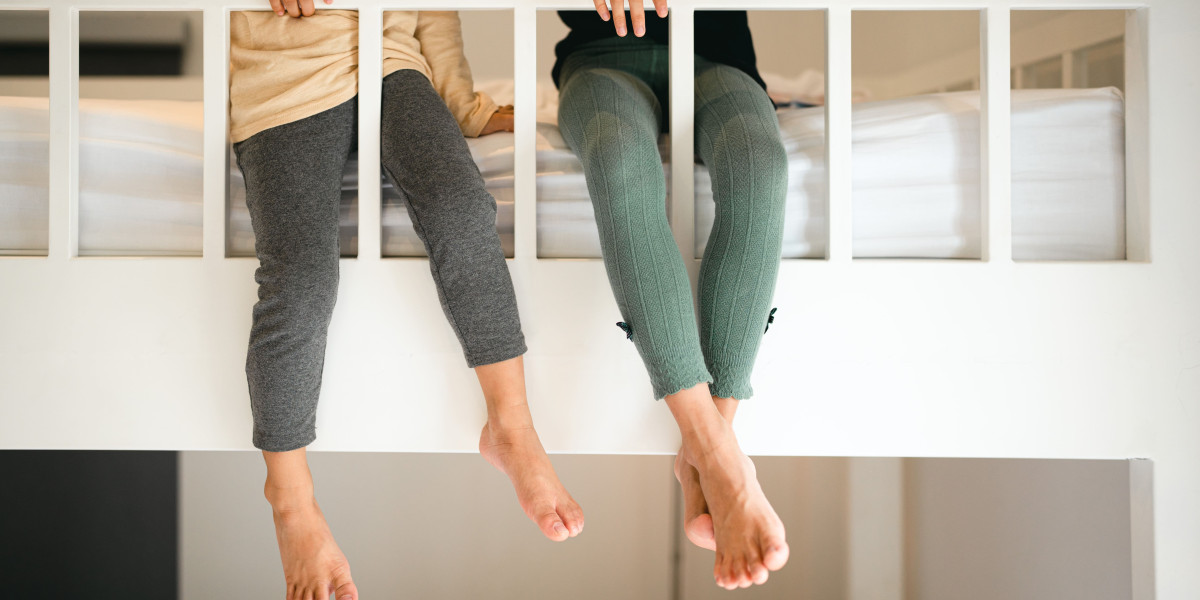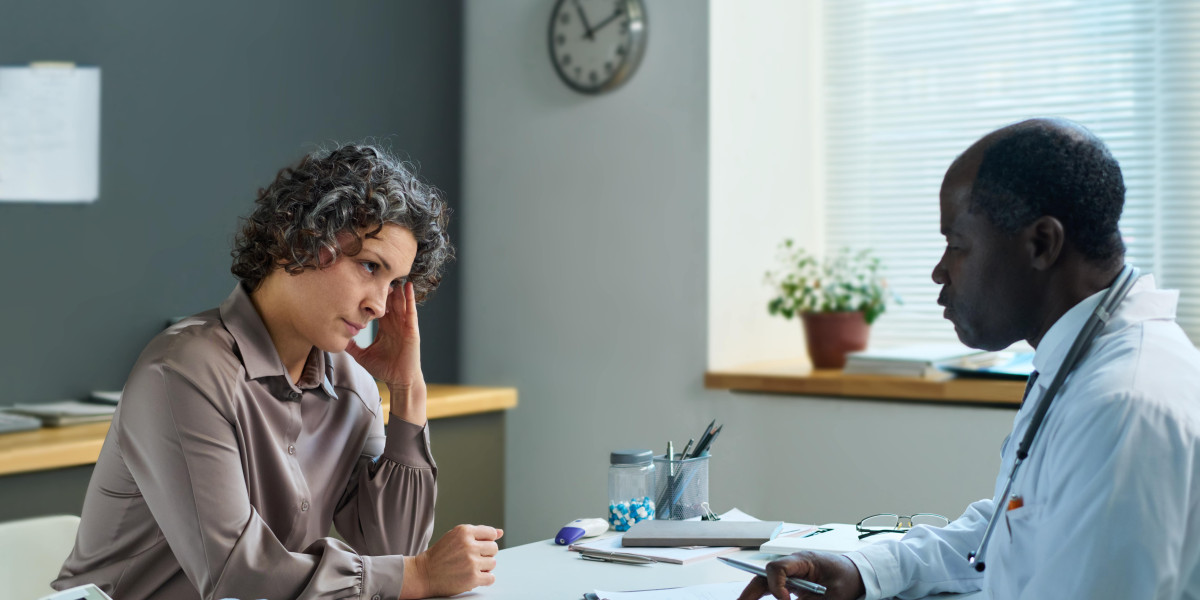Acne affects millions of people worldwide—teens and adults alike. While it’s common, it can be frustrating and difficult to treat without the right approach. Whether you’re dealing with occasional breakouts or persistent cystic acne, there are proven solutions available. In this guide, we’ll explore the best acne solutions, including skincare routines, lifestyle changes, medical treatments, and natural remedies to help you achieve clear and healthy skin.
? Understanding Acne: What Causes It?
Before finding a solution, it's essential to understand what causes acne in the first place:
Excess oil (sebum) production
Clogged hair follicles with dead skin cells
Bacteria (Propionibacterium acnes)
Hormonal changes
Stress and diet
Use of comedogenic skincare or makeup
? 1. Build a Consistent Skincare Routine
A proper skincare routine is the foundation of any acne treatment.
✅ Cleanser
Use a gentle, non-comedogenic cleanser twice a day to remove excess oil and dirt.
Top Picks:
CeraVe Foaming Facial Cleanser
La Roche-Posay Effaclar Purifying Gel
✅ Exfoliator
Use a chemical exfoliant like salicylic acid (BHA) or glycolic acid (AHA) 2–3 times a week to unclog pores.
✅ Moisturizer
Even oily skin needs hydration. Choose a lightweight, oil-free moisturizer.
✅ Sunscreen
Daily SPF is crucial, especially if you're using acne treatments like retinol or AHAs.
? 2. Over-the-Counter (OTC) Treatments
There are many OTC products formulated to target acne.
⭐ Benzoyl Peroxide
Kills acne-causing bacteria and reduces inflammation. Start with 2.5% strength.
⭐ Salicylic Acid
Penetrates pores and helps exfoliate dead skin.
⭐ Retinoids
Promote cell turnover and prevent clogged pores.
Popular OTC Option: Differin Gel (Adapalene)
? 3. Prescription Acne Treatments
If OTC methods aren't effective, consult a dermatologist.
? Topical Treatments:
Retinoids (Tretinoin)
Antibiotics (Clindamycin, Erythromycin)
? Oral Medications:
Oral antibiotics (Doxycycline, Minocycline)
Birth control pills for hormonal acne
Spironolactone (for adult women)
Isotretinoin (Accutane) – for severe cystic acne
? 4. Dietary Adjustments
What you eat may affect your skin.
❌ Foods to Limit:
Sugar and refined carbs
Dairy (especially skim milk)
Greasy, fast foods
✅ Foods to Eat More:
Omega-3 fatty acids (salmon, chia seeds)
Zinc-rich foods (pumpkin seeds, chickpeas)
Antioxidant-rich fruits and vegetables
? 5. Natural Remedies That Actually Work
While not a cure-all, these natural treatments may help:
✔ Tea Tree Oil
Has antibacterial properties. Always dilute before applying.
✔ Green Tea
Topical green tea can reduce oil production and inflammation.
✔ Aloe Vera
Soothes irritated skin and has antibacterial effects.
? 6. Lifestyle Changes for Clearer Skin
? Sleep
Aim for 7–9 hours of quality sleep. Sleep deprivation increases stress and hormones that worsen acne.
? Stress Management
Practice meditation, yoga, or journaling to lower cortisol levels.
? Hygiene Tips:
Don’t touch your face
Clean your phone screen regularly
Change pillowcases every few days
? 7. Professional Treatments
Consider these in-office dermatological options:
? Chemical Peels
Use acids to exfoliate and treat acne and scars.
? Laser & Light Therapy
Reduces inflammation and targets acne-causing bacteria.
✨ Microneedling
Improves acne scars and skin texture.
⏳ 8. Be Patient & Consistent
Clear skin doesn’t happen overnight. It often takes 6–12 weeks to see real results from acne treatments. Stick with your routine, avoid picking at pimples, and stay consistent.
? Final Thoughts: What’s the Best Acne Solution?
The best acne solution depends on your skin type, the severity of your acne, and how your body responds to treatment. A combination of gentle skincare, healthy habits, and professional guidance can make a huge difference.
? Quick Recap: Acne-Fighting Essentials
| Step | Product/Action |
|---|---|
| Cleanse | Non-comedogenic face wash |
| Exfoliate | BHA or AHA |
| Treat | Benzoyl Peroxide / Retinoids |
| Hydrate | Oil-free moisturizer |
| Protect | SPF 30+ daily |
| Eat | Clean, whole foods |
| Seek Help | Dermatologist for persistent cases |
If your acne is severe or causing emotional distress, don’t hesitate to see a dermatologist. Clear skin is achievable—with the right care, knowledge, and support.
